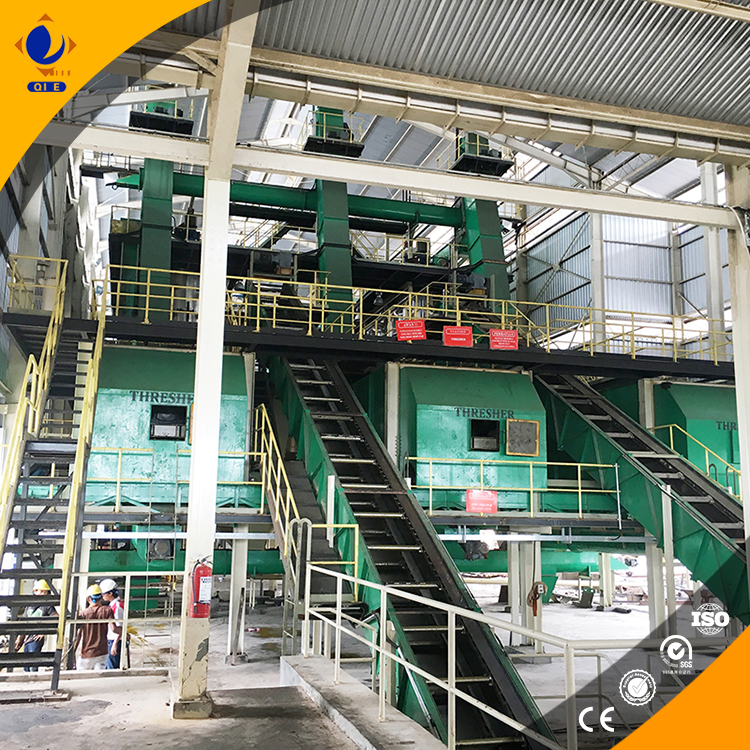
For palm kernel oil producers operating between 5 and 500 tons per day, achieving consistent production efficiency during the equipment commissioning phase is critical—not just for uptime, but for long-term ROI. Based on over a decade of field experience across Southeast Asia, Africa, and South America, we’ve identified recurring challenges in installation and startup that can cost up to 15% of annual output if not addressed proactively.
Proper equipment setup isn’t optional—it’s foundational. A study by the International Association of Food Engineers found that 43% of early-stage production delays stem from incorrect electrical grounding or poor ventilation design. For example:
| Critical Factor | Recommended Practice |
|---|---|
| Electrical Safety | Use IP65-rated control panels and ground resistance ≤1 ohm |
| Layout Planning | Maintain 1.2m clearance around crushers and presses |
| Ventilation | Ensure airflow ≥2.5 m³/min per 100 kW motor load |
These aren’t just guidelines—they’re thresholds. One client in Nigeria lost 3 weeks of production after ignoring proper thermal insulation on their expeller housing—a mistake now flagged as a top 3 cause of premature bearing failure in our internal training modules.
The first 72 hours post-installation are where most inefficiencies surface. Here’s what we see most often—and how to fix it fast:

After commissioning, consistent operation hinges on structured maintenance. Industry benchmarks suggest that preventive checks every 400 hours reduce unplanned stoppages by 65%. Our recommended schedule includes:
One Colombian processor extended their expeller lifespan from 3 years to 7 by adopting this routine—without adding any new capital expenditure.
Whether you're scaling from 5 to 500 tons/day or optimizing an existing line, the right approach turns potential bottlenecks into competitive advantages.
Download Our Free Commissioning Checklist for Palm Kernel Oil Equipment

